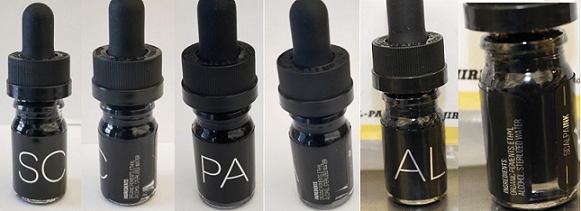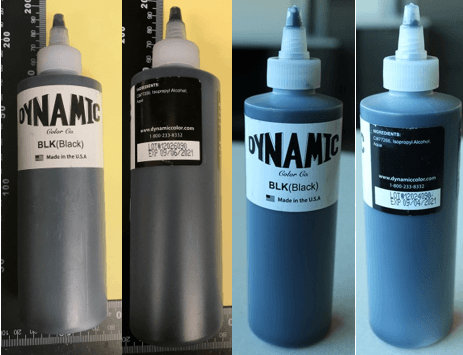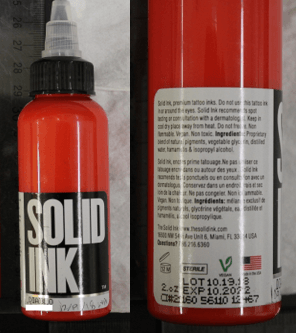Everything You Need To Know About Tattoos & FDA Safety Compliance
Updated for 2020 with new images of recalled inks described
What Is The FDA Safety Compliance Doing For Tattoo Safety?
You may have seen new information floating around the internet discussing new bills being introduced to both the House and Senate that could impact the way certain aspects of the tattoo industry are regulated by the FDA.
As with almost anything political, there’s a great deal of misinformation going around, too.
To help clarify what these bills means for you and the tattoo industry as a whole, we’re breaking down the role the FDA plays in tattoo safety regulations, and ways you can help protect the integrity of our artistic community!
SET UP AN APPOINTMENT!
How The FDA Regulates the Tattoo Industry
When it comes to tattoo safety, the tattoo industry has been loosely controlled by the FDA Cosmetic Act of 1938. Despite some push-back by tattoo artists and industry professionals, the FDA has opted to group the materials and process of getting a tattoo as a “cosmetic” procedure.
Still, the FDA works hard to help ensure that tattooing process is safe for both us as artists and you as a customer. In May, the FDA successfully identified six types of tattoo ink – none of which were used at Chosen Art Tattoo – as being contaminated with a bacteria that could cause scarring and infection.
The following tattoo inks have been voluntarily recalled because they are contaminated with microorganisms:
- Scalpaink SC, Scalpaink PA, and Scalpaink AL basic black tattoo inks manufactured by Scalp Aesthetics (all lots distributed from 8/6/2018 through 10/1/2018) – Recall Completion Date 5/17/2019
- Dynamic Color – Black tattoo ink manufactured by Dynamic Color Inc (lots 12024090 and 12026090)
- Solid Ink-Diablo (red) tattoo ink manufactured by Color Art Inc. (dba Solid Ink) (dba Antone’s Ink) (lot 10.19.18)
Scalpaink SC, Scalpaink PA, and Scalpaink AL Basic Black Tattoo Inks

Dynamic Color – Black Tattoo Ink

Dynamic Color – Black Tattoo Ink

What These FDA Changes Mean For You
In 2019, bills were introduced into both the House and the Senate that could impose stricter regulations on the approved types of ink used for tattoo purposes.
Here’s what the Coalition for Tattoo Safety has to say about the changes:
“The FDA currently recognizes and accepts a list of cosmetic color additives petitioned during the last 80 years. The tattoo industry was not involved with the existing FDA guidelines for cosmetic color additives because the cosmetic industry is viewed by the tattoo arts as a separate industry from the tattoo industry. It wasn’t until recently that tattoo pigment manufacturers were aware of the stipulations the FDA has set for color additives. The proposed list of cosmetic color additives the FDA suggests be used for tattooing will NOT produce a successful tattoo. FDA color additives are essentially a dye. Dyes do not have a particle size that can be placed safely into the body for tattooing. Dyes will not stay in the dermal layer of skin where traditional tattoo pigments can lay dormant, thus creating a tattoo. FDA color additives/dyes often contain higher trace metals and can also include compounds not traditionally found in tattoo pigments. The only known method of creating a dye with the permanence of tattoo ink is to add metals and other fillers to the dye. During the Washington visit, the CTS warned staffers this approach should not be adopted for tattooing.”

Protecting Your Tattoo Safety
When it comes to the materials we use on your tattoos and the cleanliness of our facility, safety is our primary concern. At Chosen Art Tattoo, we take every step to ensure our work meets the strictest of guidelines and standards, never putting your health at risk.
For more information on changes by the FDA, watch the Chosen Art Tattoo blog, or visit our friends at the Collation for Tattoo Safety for ways you can get involved to keep the art of ink safe and accessible for everyone involved.
